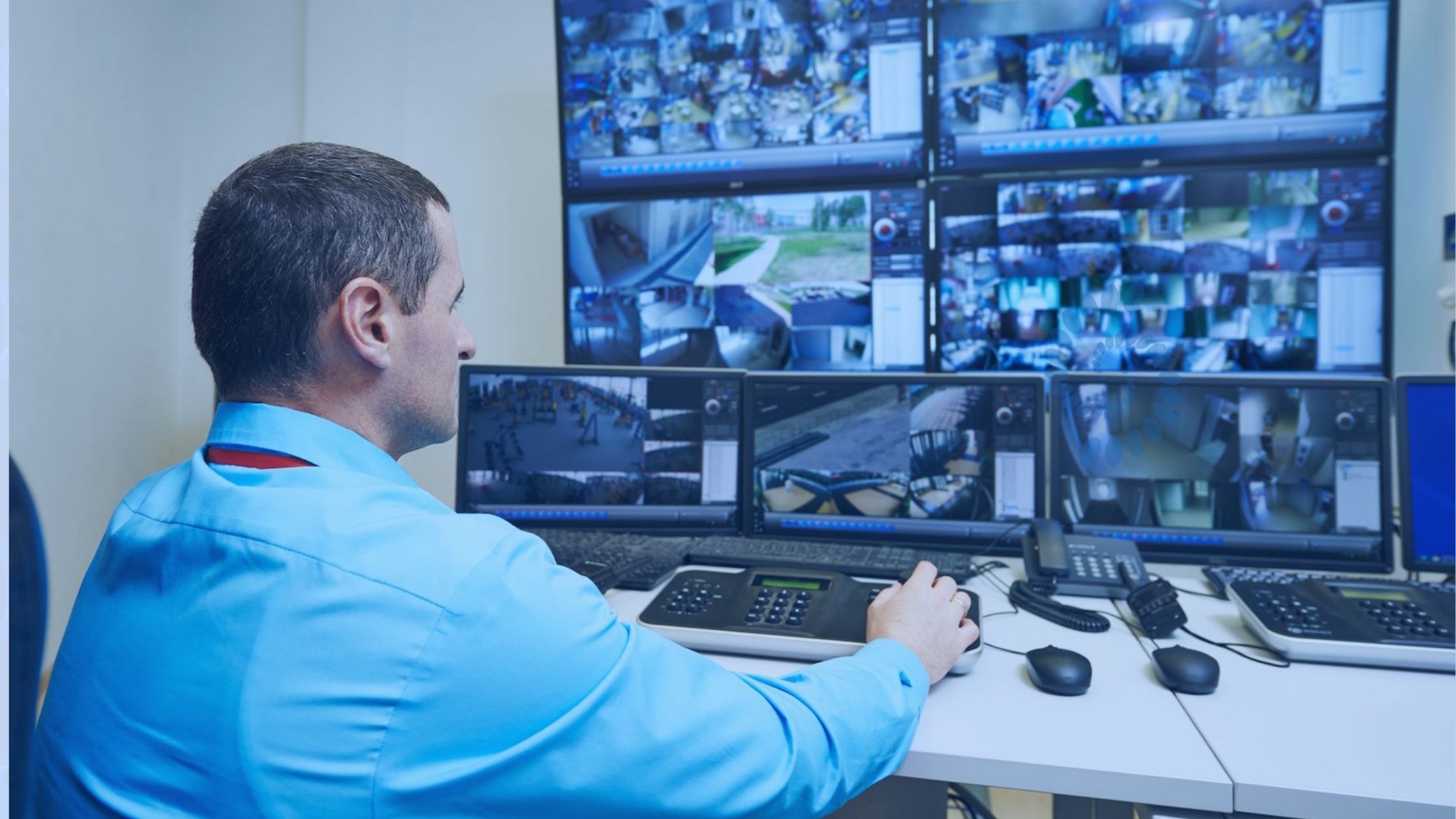What is your image of a forensic video analyst: a geeky guy probably with thick round glasses, sitting in front of the screen—from dawn till dusk? Not necessarily! Viewing the screen and analyzing video is certainly one important function, but this is not all that a video forensic analyst does.
By definition, a professional video forensics analyst performs the scientific examination and evaluation of video evidence. But what specific functions does the scientific examination of video evidence involve?
Here, we will discuss the functions a forensic video analyst performs to help law enforcement organizations uncover the truth and present the evidence in the court of law in an admissible form.
With a wide range of devices recording billions of hours of video daily, video evidence is playing an increasingly important role in investigations, and consequently in the increased demand for forensic video analysts. People interact with different kinds of videos daily, and many believe that they can notice everything there is to notice.
But a digital video analyst in law enforcement sees a video in the proper context of the case and notices things that a casual viewer misses. An untrained person performing forensic video analysis risks missing critical details, misinterpretation of facts, and even compromising the integrity of the video evidence and rendering it invalid in the court of law.
Following are the core functions that a forensic video analyst performs in law enforcement.


